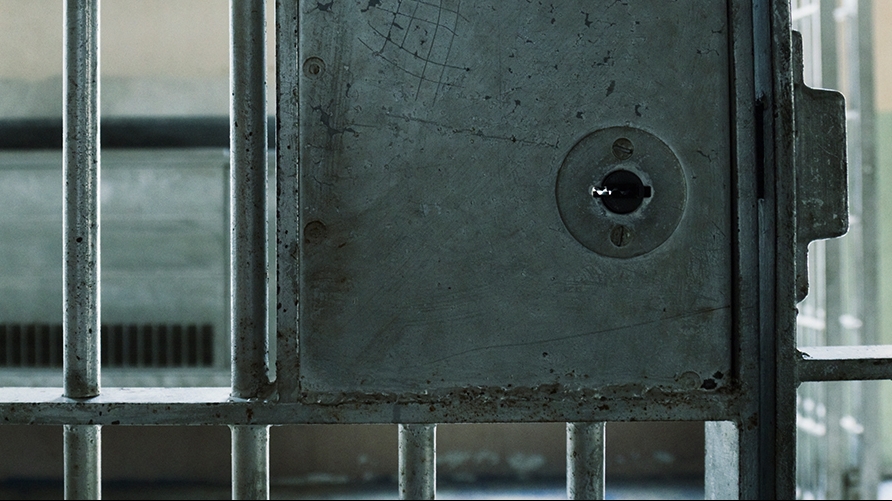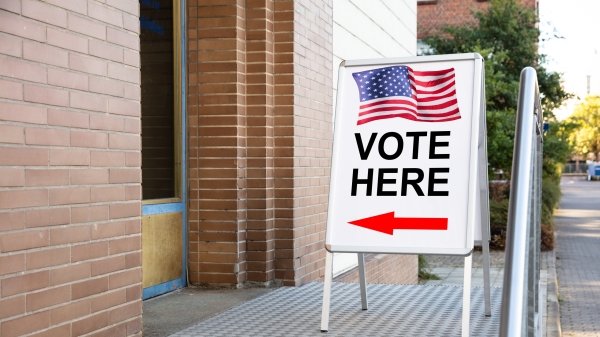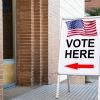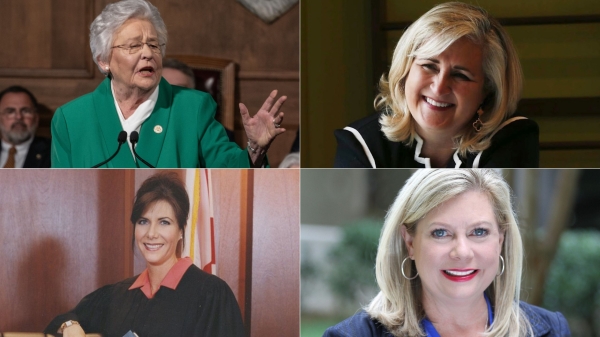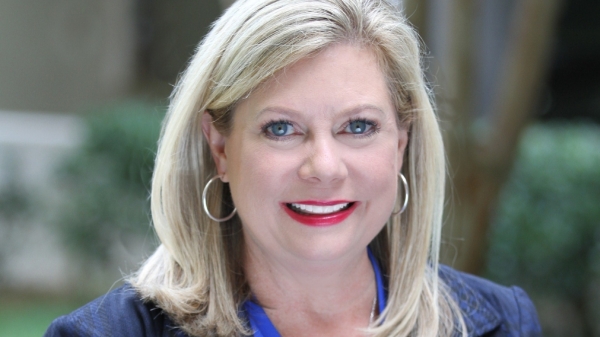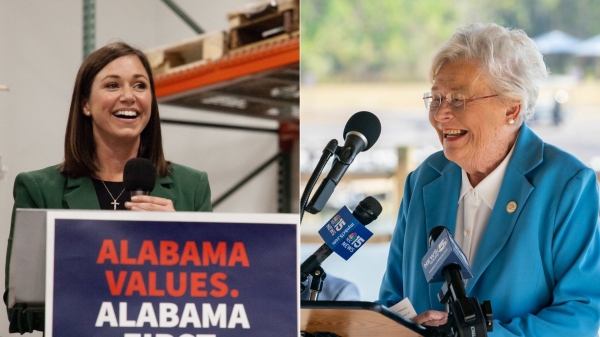By Lee Hedgepeth
Alabama Political Reporter
This holiday season, families of the over thirty thousand people incarcerated in jails and prisons across Alabama will undoubtedly try their best to reach their loved ones, by phone, if by no other means.
Many of these families, however, which are statistically some of Alabama’s poorest and most at-risk, will not be able to the foot the phone bill that would be attached to such a Christmas call— at least not this year.
For years, civil rights and prison reform activists have been pushing for more strict regulation of the industry which provides prisoner telephone services: the ICS, or Inmate Calling System. As early as the 1990s, Montgomery-based nonprofit Equal Justice Initiative published research revealing serious concerns about a range of issues with ICS, including excessive and incorrect billing, high commissions paid to prison and jail facilities, and poor call quality and customer service.
In the summer of 2013, the Federal Communications Commission held a workshop on inmate calling concerns nationwide. Then, on August 9th, the FCC announced in a press release that it would implement several new regulations applicable to interstate inmate calling systems. The Order providing for the new rules included extensive research, including the fact that each call, including enhanced security features required by the state, cost the telephone companies involved an average of only .12-.14 cents a minute, depending on the method of calling used. The new regulations laid out include a scheme that will bring down the national average for a 15 minute interstate call from $17 to about $3.15-$3.75— a call which cost the company around $1.80-$2.10.
Independent of the FCC, the Alabama Public Service Commission will soon come to a final decision on work toward inmate call reform that has been in the making for months. After extensive PSC staff research, the Commission issued an Order of their own two months ago proposing new rules for ICS within the state, which is outside the jurisdiction of the Federal Communications Commission.
Early on, the document showed that profit dividends paid to jails and prisons from telephone companies are as high as 80% statewide. While the Order said that only local officials could decide commissions levels, it pointed out that these fees lead to a non-competitive industry environment that must be regulated:
“[PSC] staff believes the decision for selection of the exclusive provider of ICS service at a confinement facility, from a group of providers competing for the contract, could be disproportionately influenced by the percentage commission offered the confinement facility. The actual users of ICS services have no choice whatsoever in the selection of their provider, the rates charged, and the provider’s service quality. Therefore, Commission regulation of provider rates and service is undertaken as a proxy for fair market competition to ensure that inmates and their families are provided the highest quality service and customer support at prices that are just and reasonable.”
PSC Commissioner Jeremy Oden spoke with our Editor Bill Britt on The V last week, on cases like this where, because of a lack of competition, the Public Service Commission acts as such a proxy for a fair market.
(Interview available at youtube.com/aprthev )
Other issues noted in the Order included a host of research on various charges billed to offender families for “extra” services such as paying with a debit or credit card, setting up an account, receiving a refund, or “bill processing.”
The new rules proposed by the PSC would introduce a cap of .25 cents a minute for all calls, prohibit types of expensive call schemes like “text-to-collect” and “pay now” that attempt to increase profit and decrease taxes incurred by the company, and eliminates fees for what the industry has called “extra” or “above-base” services such as setting up an account, etc.
In addition, the Order made clear that under the new regulation, all fees must be approved and that any evidence that an ICS tried to profit from financial service fees such as Western Union transfers used to pay for calls could lead to regulatory action “including, but not limited to, refunds to customers with interest.”
The Public Service Commission allowed the public and telephone companies to comment from the issuance of the report until December 6th.
Several nonprofits, including the Prison Policy Initiative, which has also researched the issue at great length, wrote in support of the proposed reforms. While most companies wrote acquiescing to the rules, GTLink, one of the largest ICS firms, submitted a brief (through a DC attorney) in which it challenged the PSC, saying that a cap of .25 cents a minute was “arbitrarily low.” It also challenged on its very face the Public Service Commission’s jurisdiction over video visitation services rates, which the Order had also addressed, claiming that the services are internet-based and thus outside the regulatory power of the body.
The final decision on the adoption of the new rules may come as soon as the next commission meeting, which will be held January 14th, 2014, at 10am in Montgomery. The PSC Commissioners are President Twinkle Cavanaugh, and Associate Commissioners Jeremy Oden and Terry Dunn. The can be reached at their email addresses, listed below:




































